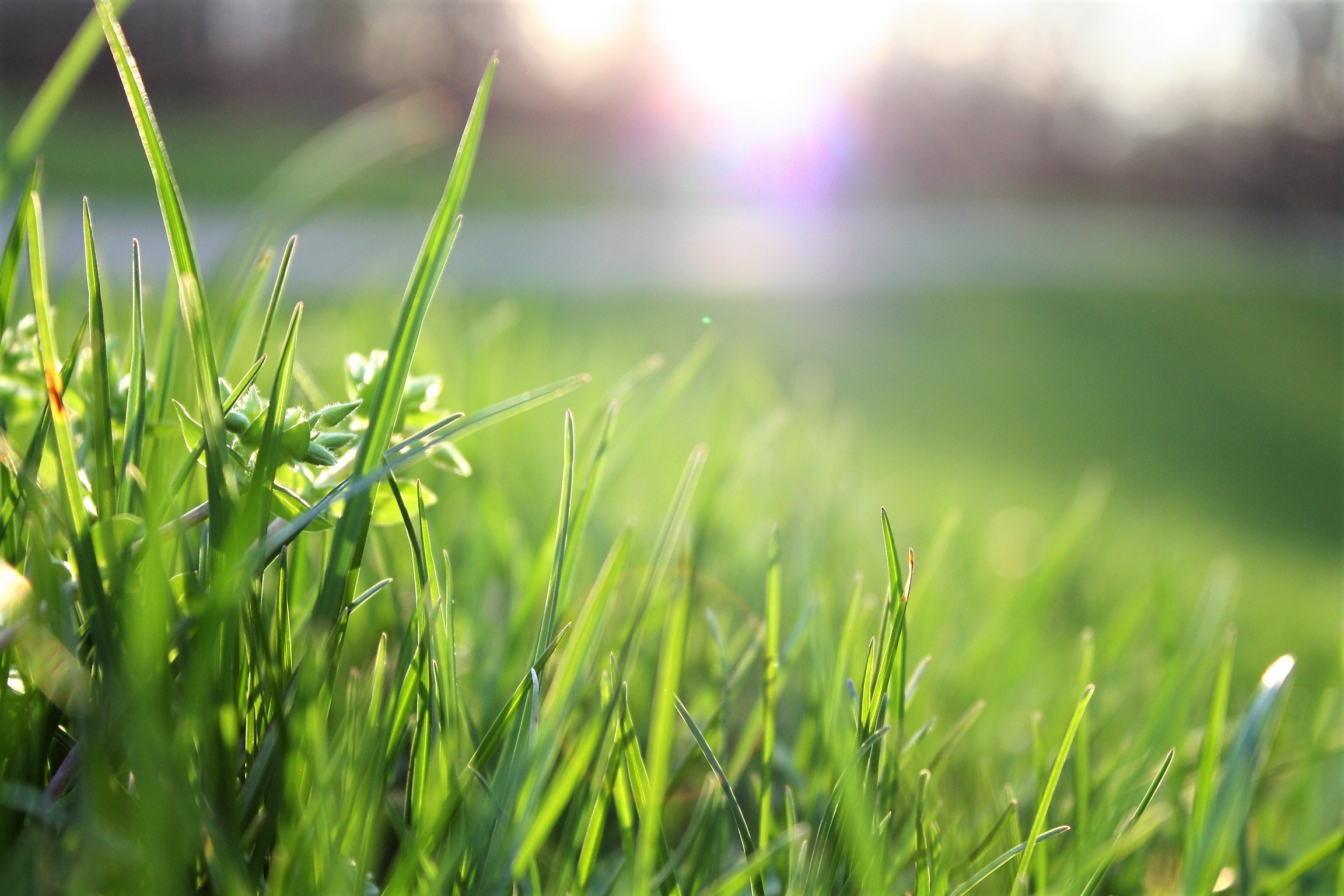Typically, grass-sensitized patients will have itching of the eyes, ears, nose, and throat, runny nose, sneezing, congestion, and post-nasal drainage when they are outdoors during the grass season.
The grass season in the Midwest typically begins in late May and goes to mid-July, but varies regionally in some parts of the country. Sometimes it is not evident to patients that grass is the culprit which can make a diagnosis of grass allergy more challenging.
What Are The Top Three Ways To Alleviate Allergy Symptoms From Grass Pollen?
- Avoidance is difficult, but when indoors, keeping windows closed and running the A/C prevents outdoor allergens from coming indoors.
- Medications can help to treat the symptoms or mild symptoms, an oral non-sedating antihistamine is effective for controlling itching, sneezing, and runny nose, but is not effective for nasal congestion. For moderate to severe symptoms, nasal sprays, such as a nasal corticosteroid or a nasal antihistamine spray, either alone or in combination, are very effective when used on a regular basis until the season ends.
- For long-term management, allergen immunotherapy to grass pollen is very effective at inducing tolerance and allowing patients to reduce or discontinue medications. Allergen immunotherapy can be administered as sublingual tablets approved by the FDA or as subcutaneous injections. The latter is more appropriate if patients are sensitized to multiple allergens. Allergen immunotherapy, if effective at reducing patient-reported symptoms, should be continued for 3-5 years for optimal effectiveness although some patients may require longer courses.
What Kinds Of Grasses Are The Most Troublesome During Allergy Season?
The grasses will vary regionally but timothy, fescue, and brome are common grasses. Bermuda is not as cross-reactive. Most grasses are 80% or more cross-reactive, meaning they are homogeneous in the allergen structure.
What Is One Common Misconception About Seasonal Grass Allergies?
Many people believe allergies are a mild nuisance when in fact they have a significant impact on quality of life, work, and leisure activities.
How Can You Tell The Difference Between Seasonal Allergies And a Cold?
A cold is self-limiting and goes away after a few days, whereas allergies are more persistent and recurrent at the same time each year. Allergies will improve when the patient goes into an air-conditioned environment and are more responsive to non-sedating antihistamines and nasal sprays.
When Does Grass Allergy Season Typically Begin And End?
This will depend on the part of the country, but as discussed above, in the Midwest they begin in late May and end mid-July but could begin earlier and last longer.

